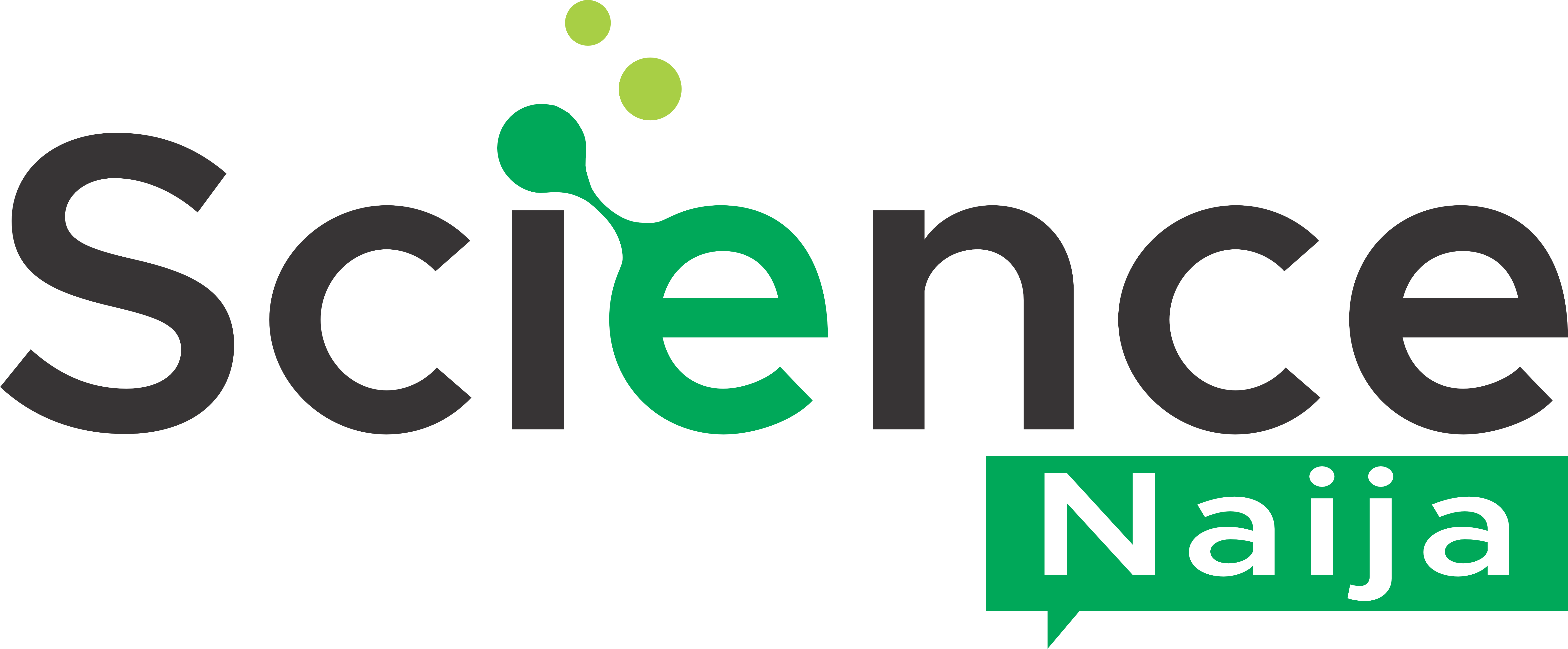In a decisive move towards shaping its digital future, Nigeria recently hosted a pivotal stakeholders’ workshop in Mbora, Abuja. Organized by the Federal Ministry of Communications, Innovation, and Digital Economy, this gathering aimed to redefine Nigeria’s stance on the Global Digital Compact (GDC) ahead of the upcoming United Nations General Assembly (UNGA) Summit of the Future in September 2024.
At the heart of this workshop was the urgent need to align Nigeria’s digital strategies with global imperatives, addressing issues ranging from climate change to economic challenges exacerbated by the COVID-19 pandemic.
Engr. Faruk Yusuf Yabo, standing in for Minister Dr. Bosun Tijani, underscored the workshop’s significance in preparing Nigeria’s comprehensive statement for the UNGA. He emphasized that technological advancement, including AI, robotics, and big data, would be pivotal in Nigeria’s strategy to foster inclusive growth and tackle development disparities.

Central to Nigeria’s approach are the five key objectives of the GDC: closing digital divides, expanding digital economy benefits, ensuring a safe digital space that respects human rights, promoting equitable data governance, and enhancing global AI governance.
These objectives not only reflect Nigeria’s commitment to the Sustainable Development Goals (SDGs) but also aim to position the country as a leader in digital transformation within Africa.
Ronald Kayanja, Country Director of the United Nations Information Centre for Nigeria, highlighted the transformative potential of the GDC, particularly for African nations faced with digital inequality. He stressed the importance of Nigeria’s active participation in shaping the international digital agenda, ensuring that Africa’s unique challenges and opportunities are adequately represented.
The workshop also provided a platform for stakeholders to review ongoing initiatives and propose new strategies aligned with the GDC’s objectives. Directors from the Ministry, alongside prominent figures like Mallam Kashifu Abdullahi, Director-General of NITDA, actively contributed to the discussions.
Their insights and recommendations are set to influence Nigeria’s final position at the UNGA, solidifying the country’s role in global digital governance.
Looking forward, Nigeria’s engagement with the GDC signifies more than just policy alignment—it represents a concerted effort to harness digital technologies for sustainable development and global cooperation. As Africa’s largest economy and most populous nation, Nigeria’s decisions in digital policy will have far-reaching implications for the continent’s socio-economic progress.
In closing, the workshop in Mbora marks a critical milestone in Nigeria’s journey towards a digitally inclusive future. By leveraging its strengths in technology and innovation, Nigeria not only seeks to bridge existing divides but also aims to lead by example in harnessing the transformative power of digital technologies.
As preparations intensify for the UNGA Summit of the Future, Nigeria stands poised to make a significant impact on global digital governance, ensuring that the voices of its people and those of Africa resonate prominently on the world stage.
This workshop, therefore, serves as a testament to Nigeria’s commitment to shaping a future where digital innovation fosters equitable development and empowers communities across the globe. With momentum building, all eyes are now on Nigeria as it prepares to deliver its vision for a digital future at the United Nations this September.
Related Article: NPHCDA’s Partners with Community Leaders to Boost Vaccine Acceptance



